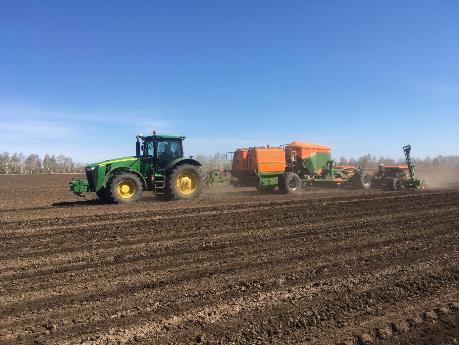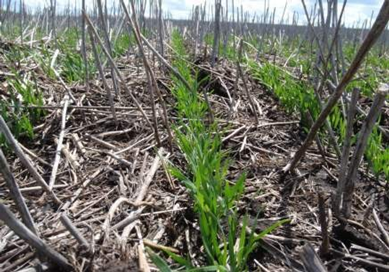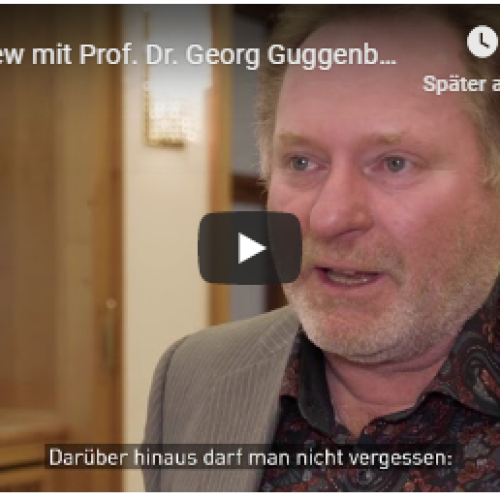ReKKS at the 2nd International Forum “Dialogue of Young Scientists: Science Talks”

Coordinator: Leibniz Universität Hannover - Naturwissenschaftliche Fakultät
Contact Person: Prof. Dr Georg Guggenberger
Address: Herrenhäuser Straße 2, 30419 Hannover
Phone: +49 511-762 2623
Email: guggenberger(at)ifbk.uni-hannover.de
Project partners in Germany
Project partners in Kazakhstan
In the dry steppe regions of Kazakhstan, problems caused by soil degradation, climate change and changes to land use are making innovations for the sustainable use of agricultural resources a necessity. In the ReKKS project, German and Kazakh partners are working closely with local partners to develop innovative, sustainable and climate-friendly agricultural concepts and procedures for reducing soil erosion and improving water, nutrient and carbon balances and - on degraded soils - steppe recultivation and applying these concepts and procedures.
Challenges of the dry steppes
Securing food production is one of humanity's greatest challenges. This is also evident in many arable land sites in Northern Kazakhstan, which lie in arable land bordered by drought areas. In addition to the lack of water, the local soils are also characterised by poor nutrient levels, humus losses and related soil degradation.
Given the fact that soils are limited as the main resources for food production, ReKKS's philosophy is that the use of land must be sensibly intensified both ecologically and sustainably. In this context, technical intensification means increasing cultivation with soil-conserving processing and nutrient efficiency. With this goal in mind, the project is addressing the challenging farming situation in Northern Kazakhstan. The overall objective is the development of tailor-made agricultural technology and agricultural concepts. Specifically, ReKKS is developing agricultural machinery for ultra-flat cultivation and targeted application of herbicides and liquid fertilisation. In addition, the project is developing concepts for the restoration of degraded areas. ReKKS is quantifying the effects of different land and soil management processes on soil erosion, the water balance, carbon balance and nitrogen cycle and the efficiency of use through accompanying scientific research on experimental areas and farms. The project is in part using specially developed instruments (e.g. weighing lysimeters) for this purpose.
The project partners are expecting comprehensive insights into the mechanisms and control parameters of ecologically and economically sustainable agricultural use of the dry steppes. The results of the project should contribute to higher agricultural yields while at the same time increasing yield security and improving the competitiveness of the companies involved - the latter not only in the Central Asian markets, but worldwide.

Compatibility of ecology and economy
From the results, the project participants hope to gain new comprehensive insights into the mechanisms and control parameters for land use of the dry steppes which both saves resources and is ecologically and economically sustainable.
By combining improved soil cultivation, fertilisation and increasing soil water retention, it is possible to increase soil humus populations. This can restore the function of steppe soils as important long-term sinks for climate-effective carbon dioxide. The increase in soil humus will also improve soil fertility, which will significantly increase crop yields. The herbicide application reduction techniques to be developed can minimise the associated environmental damage and protect the health of the population.

Establishment of climate-adapted agricultural techniques
Overall, it is expected that the implementation of the project results for the establishment of innovative, climate-adapted agricultural techniques will improve the livelihood of people living in the steppe areas.
The potential importance of the results goes beyond Central Asian countries. In Central Europe in particular, dryness during the growing season is increasingly becoming a problem and the future legal restrictions of herbicide application will also increase the demand for ultra-flat cultivation and the precise application of herbicides.

